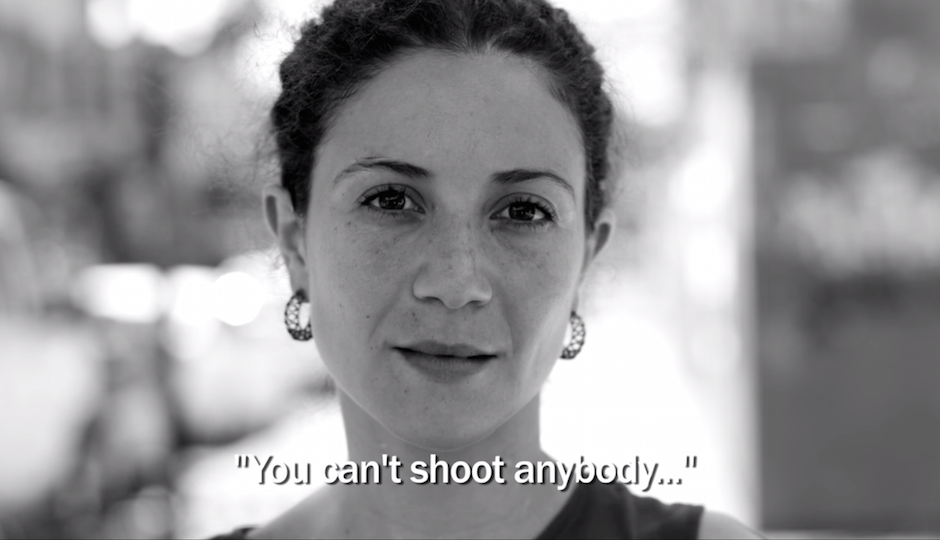New Anthony Williams Ad Goes Negative on Jim Kenney
It finally happened.
With two weeks left till Election Day, state Sen. Anthony Williams’ mayoral campaign began airing the first negative TV ad of the season this week.
It’s a hard-hitting, effective ad, honing in on comments made by mayoral candidate and former City Councilman Jim Kenney in 1997 after his friend’s home had been burglarized.
According to internal polling, Kenney is the frontrunner in the mayoral race, with Williams trailing behind him.
“This is what Jim Kenney once said about policing our community,” the narrator reads in Williams’ ad. “‘You can’t use the flashlights, you can’t use the clubs on the head, you can’t shoot anybody. What’s next? Are we gonna hand them feather dusters?'”
https://www.youtube.com/watch?v=A7G_WA7kEO0
Kenney made that statement nearly 20 years ago, when he was arguably a very different politician. Back in the 1990s, he also advocated for a pilot school voucher program and called himself a “moderate-conservative.” He has since adopted a much more progressive platform, introducing legislation that decriminalized marijuana in Philadelphia and advocating for the elimination of stop-and-frisk.
None of that nuance is in this ad, which makes it a tad misleading.
But while Kenney’s comments may be almost two decades ago, the issue of police accountability has never been more timely. Just last week, more than 1,000 people took to the streets in Philadelphia to highlight the parallels between this city and Baltimore, where Freddie Gray died in police custody.
And that’s what could make this a damaging ad for Kenney’s campaign. The key question is: Has Williams’ campaign spent enough money on the ad for people to see it?
“We never talk about money or strategy,” says Barbara Grant, a spokeswoman for Williams. “But I am confident that it is substantial. It will be on all local broadcast stations.”
According to a political media firm that is not working with any of the mayoral candidates or super PACs active in this election, Williams’ campaign paid more than $40,000 to air the ad over the next week. By the standards of mayoral campaigns, that’s a tiny purchase. To make matters worse for Williams, the clock is running out.
So why make a negative ad that won’t be seen by many TV viewers? Two possibilities. The first is “earned media” like this blog post. Readers who see the spot here won’t need to see it on TV. The second possibility is that this ad’s real purpose is to signal to Williams’ super PAC allies that the time has come to go negative. Election law prohibits the Williams campaign from coordinating with the American Cities PAC, the independent group supporting his mayoral run. But super PACs often take their cues from the campaigns they’re supporting, and now that Williams has gone negative, the American Cities PAC has a green light to do the same.
But will it answer the call? The super PAC, which is funded principally by three multimillionaire education reform advocates, is on track to spend more than $4 million on advertising in the mayor’s race, according to NewsWorks’ Dave Davies. But so far not a dime of that money has been spent on negative advertising about Kenney or any of the other candidates. All of its spots have been positive. The fact that the American Cities PAC has not aired a negative ad yet suggests that its funders may be reluctant to do so. Surely, they know that if they get nasty, Kenney or his super PAC allies will likely get nasty too, and they could be attacked personally.
On the other hand, a well-done negative ad that has millions of dollars behind it … well, that could transform the dynamics of the race.
